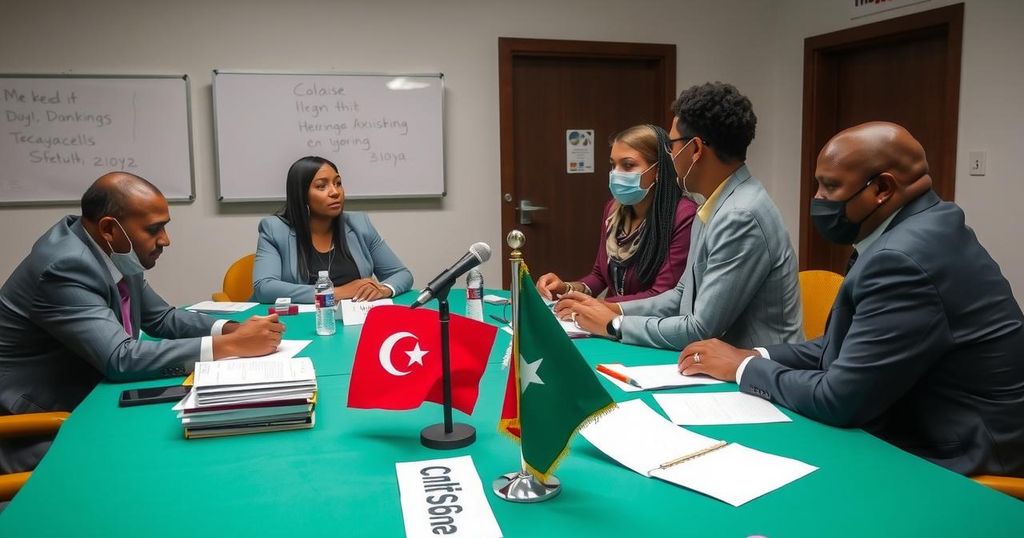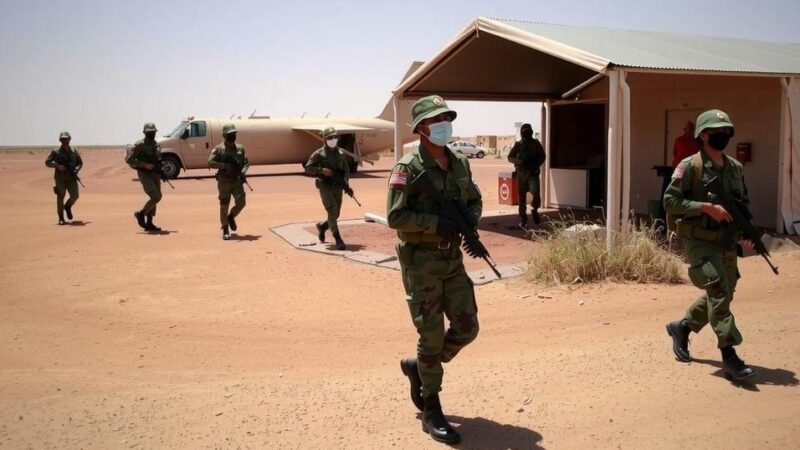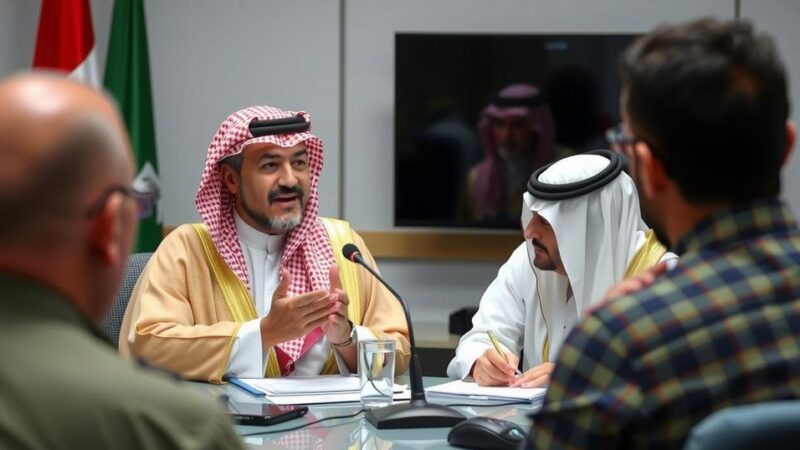The United Nations has organized a technical committee of Libyan experts to address the electoral deadlock in Libya, with the objective of facilitating national elections previously scheduled for December 2021. This initiative aims to resolve contentious electoral law issues and establish a framework for expediting the election process, amidst ongoing concerns regarding the legitimacy of the current government and skepticism among the populace regarding the true intentions of political leaders.
The United Nations has initiated a new effort to address the electoral stalemate in Libya, according to the acting head of the U.N. Support Mission in Libya (UNSMIL), Stephanie Koury. This development involves the convening of a technical committee comprised of Libyan experts tasked with resolving crucial contentious issues related to the electoral laws. This move aims to pave the way for national elections that have been long overdue since the previous election scheduled for December 2021 was disrupted due to disputes over the eligibility of key candidates.
Koury emphasized the committee’s focus on identifying solutions to outstanding electoral issues, including proposing guarantees, a timeframe, and reassurances to facilitate elections as swiftly as possible. The escalating conflict in Libya has persisted for over a decade, originating from a 2011 NATO-supported uprising that led to a division between rival administrations in the eastern and western regions by 2014. Despite widespread calls for elections from major political figures, many Libyans remain doubtful regarding their genuine intentions, fearing it could result in the loss of their current power positions.
The Government of National Unity (GNU), led by Prime Minister Abdulhamid al-Dbeibah, was established in 2021 through a U.N.-endorsed process; however, it has since faced challenges to its recognized legitimacy by the parliament. Dbeibah has firmly asserted the need for national elections before he is willing to transfer power to a new government. In addition to facilitating the electoral process, UNSMIL is committed to furthering the consolidation of military and security entities and promoting national reconciliation alongside its partners.
The ongoing situation in Libya stems from a prolonged political and military crisis that emerged after the fall of the Gaddafi regime in 2011. This crisis has manifested in the division of the country between various factions and administrations, resulting in a humanitarian and governance crisis. Attempts to hold national elections have been thwarted by conflicts regarding the eligibility of candidates, leading to widespread public skepticism about the political will of current leaders to genuinely pursue a democratic process. The U.N.’s involvement aims to mediate and persuade Libyan factions towards creating a stable political framework conducive to holding elections.
The recent initiative by the United Nations to convene a technical committee of Libyan experts represents a critical step towards resolving the electoral impasse that has plagued the country since 2021. By addressing key issues in electoral laws and facilitating a resolution to the longstanding political divisions, the U.N. hopes to reinstate the possibility of national elections. This effort underscores the complexity of Libya’s challenges but highlights a collective international endeavor to foster peace and democratic governance in the region.
Original Source: www.investing.com







